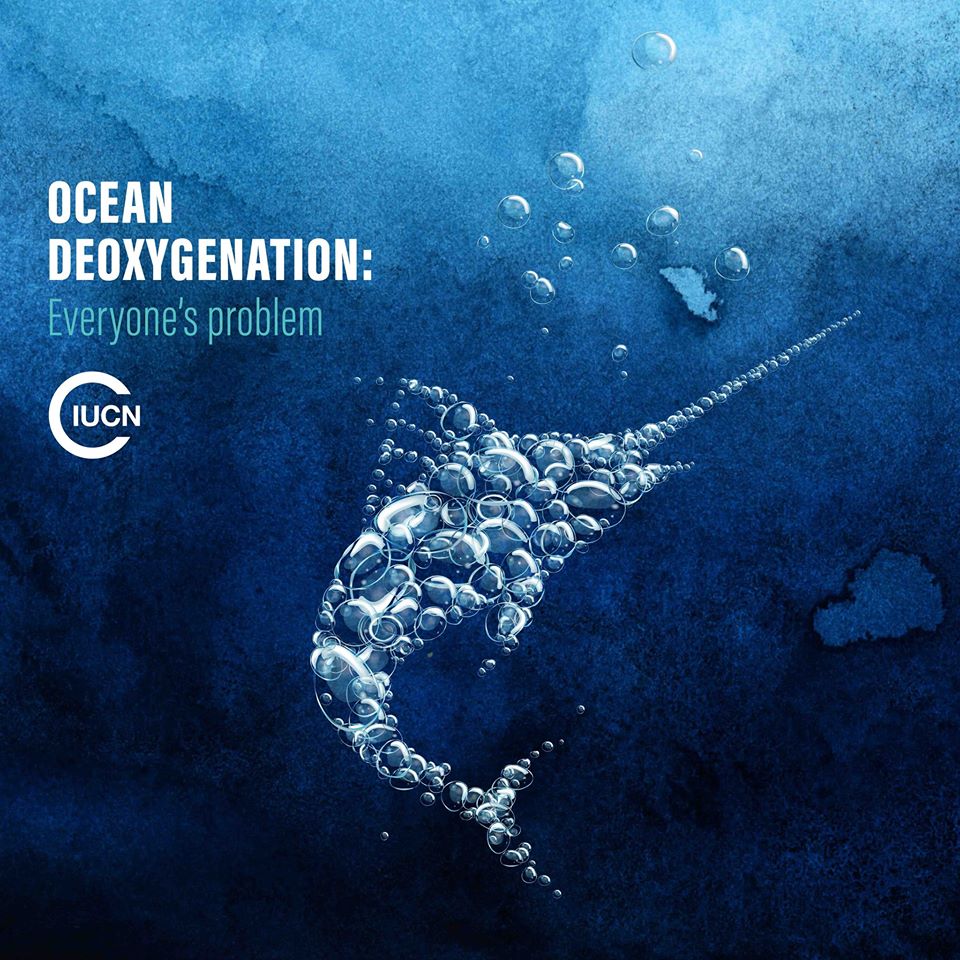“The loss of oxygen in our oceans is very serious. The MSC has long worked for living seas and sustainable fisheries, and this work becomes even more important in light of the impact of climate change on our ocean. MSC-certified fisheries undergo annual inspections and work continuously to improve their fishing practices.” says Anne Gabriel, Program Director for MSC Oceania and Singapore.
For species such as tuna and swordfish, some of the most beloved food fished worldwide, oxygen deficiency and pollution from, for example, agriculture, sewage and aquaculture are a major threat, according to the report released on 7 December 2019 at the UN Climate Conference in Madrid. These large predatory fish are especially sensitive because of their energy needs. As a result of deoxygenation, these fish are looking for shallower surface water where oxygen-rich water accumulates, which makes them more vulnerable to overfishing. Very low oxygen in the ocean can also affect basic processes such as nitrogen and phosphorus uptake, something that is vital to life on Earth, the report warns.
“When the seas change in this way, fish look for colder and more oxygen-rich water. This will have major consequences for people whose livelihoods depend on fishing. We can also see another knock-on effect being the need for increased collaboration amongst coastal states with regard to fishing quotas in the interests of communities at large. Here, the MSC plays an important role as our work can facilitate dialogue and get major players to prioritise sustainable fishing practices.” says Anne Gabriel.
The Marine Stewardship Council is an international non-profit on a mission to end overfishing and ensure we have seafood forever. The organisation runs an ambitious certification and labelling scheme based on science and the power of partnerships. The MSC maintains a fisheries and traceability standard designed in consultation with independent experts, researchers, industry and environmental organisations. Around 15 percent of wild-caught seafood is now certified to the MSC’s standard for a well-managed and sustainable fishery. In Australia, that figure rises to 38% and in New Zealand, over 50%.
Find out more about the effects of climate change on fishing.


